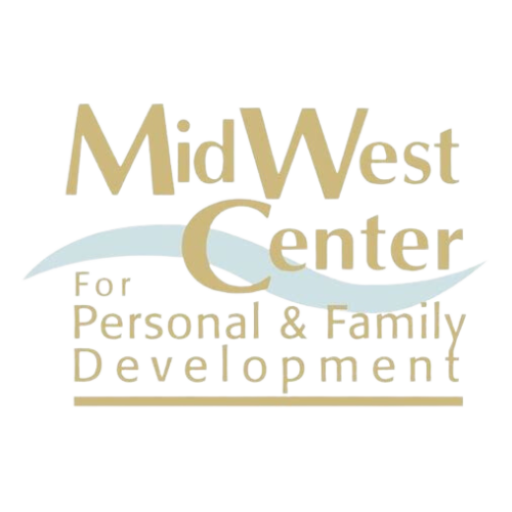Parent Child Conflicts

What are Parent-Child Conflicts?
Parent-child conflicts are disagreements, misunderstandings, or tensions that arise between parents and their children. These conflicts are a natural part of the parent-child relationship, occurring at various stages of a child’s development. They can happen due to differences in values, expectations, communication styles, or the child’s growing desire for independence. While occasional conflicts are normal and even healthy in family dynamics, chronic or unresolved conflicts can strain relationships and lead to emotional distress for both parents and children.
Common Causes of Parent-Child Conflicts
Parent-child conflicts can stem from a variety of sources, such as:
• Differences in values and beliefs: Parents and children may have different perspectives on issues such as education, career choices, relationships, or lifestyle, leading to disagreements.
• Generational gaps: With changing times, parents and children may have differing views on technology, social norms, or current events, leading to tension.
• Lack of communication: Misunderstandings, poor communication, or an inability to express feelings can contribute to conflicts.
• Desire for independence: As children grow, they often seek more autonomy, which can clash with parents’ desire to protect or control them.
• Parental expectations: Sometimes, parents may have unrealistic expectations regarding their child’s behavior, achievements, or career paths, leading to frustration on both sides.
• Teen rebellion: Adolescence is a time when children begin to assert their independence, often challenging authority, testing boundaries, and rebelling against rules set by their parents.
• Sibling rivalry: Conflicts between siblings can create tension within the family, causing parents to become involved in disputes or disagreements.
Typical Symptoms of Parent-Child Conflicts
The symptoms or manifestations of conflict can vary depending on the nature of the disagreement and the child’s age. Common signs of parent-child conflict include:
• Frequent arguing: Consistent disagreements or shouting matches between parents and children.
• Emotional distance: A noticeable withdrawal, where the child becomes more distant or refuses to engage with the parent.
• Defiant behavior: Children, especially teens, may become more rebellious or deliberately disobey rules, challenging authority figures.
• Mood swings: The child or parent may experience intense mood shifts, ranging from irritability to anger or sadness.
• Increased stress or anxiety: Both parents and children may feel stressed, anxious, or worried as a result of ongoing conflict.
• Isolation: Either the child or the parent may isolate themselves from family activities or avoid family interactions altogether.
Impact of Parent-Child Conflicts
While minor disagreements are part of normal family life, chronic or unresolved conflicts can have a significant impact, including:
• Strained relationships: Persistent conflict can lead to emotional distance, resentment, and a breakdown of trust between parents and children.
• Low self-esteem: Children may develop feelings of inadequacy, rejection, or guilt, which can lower their self-esteem.
• Behavioral issues: Ongoing conflict can contribute to behavioral problems, such as acting out, withdrawal, or academic decline.
• Mental health issues: Prolonged tension and unresolved conflict can lead to mental health struggles, including anxiety, depression, or anger problems for both parents and children.
• Family dysfunction: In extreme cases, unresolved conflicts may contribute to a dysfunctional family dynamic, where communication breaks down, and family members struggle to relate to one another.
Coping Strategies for Parent-Child Conflicts
Managing and resolving parent-child conflicts requires patience, empathy, and open communication. Here are some strategies to help navigate these challenges:
• Active listening: Parents should practice active listening, where they fully engage with what their child is saying without interrupting, judging, or offering immediate solutions.
• Open communication: Encourage honest and respectful conversations. Both parents and children should feel safe expressing their feelings and concerns without fear of punishment or criticism.
• Set clear boundaries: Parents should establish fair and consistent rules, while also allowing children some room for independence and self-expression.
• Avoid escalation: When tensions rise, it’s important to take a step back, pause, and avoid saying things in the heat of the moment. Take time to cool down and revisit the issue later.
• Show empathy: Understanding the child’s perspective and validating their feelings can help resolve conflicts. Likewise, children should try to appreciate the pressures and challenges their parents face.
• Compromise: Both parents and children should be willing to negotiate and compromise. Finding a middle ground can help avoid power struggles.
• Seek professional help: If conflicts are ongoing and seem impossible to resolve, family therapy or counseling can provide guidance in improving communication and restoring harmony in the relationship.
When to Seek Help
If conflicts are persistent and escalate over time, it may be beneficial to seek professional assistance. Consider reaching out to a counselor or therapist if:
• Conflicts are causing ongoing emotional distress for either the child or the parent.
• There is a breakdown in communication, with neither party able to express their feelings effectively.
• Children are engaging in self-destructive behaviors (e.g., substance abuse, skipping school) or withdrawing from the family.
• There are signs of mental health issues, such as anxiety, depression, or anger, as a result of the conflict.
• The parent-child relationship is severely strained, and both parties are feeling hopeless about resolution.
Conclusion
Parent-child conflicts are an inevitable part of family life, but they don’t have to lead to lasting harm. By fostering open communication, showing empathy, and setting healthy boundaries, families can navigate disagreements in a way that strengthens their relationship. With time, patience, and a willingness to understand one another, most conflicts can be resolved or managed effectively, helping families grow closer and more resilient.

